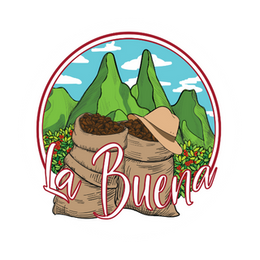Colombian coffee is renowned for its smooth, rich flavor and is considered some of the finest coffee in the world. But where did this beloved beverage come from? Let's take a look at the history of Colombian coffee.
The origins of Colombian coffee can be traced back to the 18th century, when the first coffee plants were brought to the country by Jesuit priests. However, it wasn't until the 19th century that coffee production in Colombia truly took off. In 1835, the Colombian government began offering land and tax incentives to farmers who planted coffee, which led to a rapid expansion of the industry.
During the early 20th century, Colombian coffee producers faced a number of challenges, including civil war and economic turmoil. Despite these obstacles, the industry continued to grow and by the 1930s, Colombia was one of the top coffee producers in the world.
In the decades that followed, Colombian coffee producers faced increasing competition from other countries, particularly Brazil. To stay competitive, Colombian coffee growers began to focus on producing high-quality beans. In the 1980s, the Colombian Coffee Growers Federation introduced the "Coffee Growers Seal of Quality" to recognize and promote the best Colombian coffees.
Today, Colombian coffee is considered some of the finest in the world and is exported to countries all over the globe. In addition to its delicious flavor, Colombian coffee is also prized for its sustainability and fair trade practices. Many coffee producers in Colombia are part of cooperatives that work to improve the lives of farmers and their communities.
In conclusion, the history of Colombian coffee is a story of resilience and dedication. Through challenges and difficult times, Colombian coffee growers have worked to produce some of the best coffee in the world. Today, Colombian coffee continues to be a symbol of quality and excellence, enjoyed by coffee lovers everywhere.
